Allergy Labelling Food Labels
Allergy labelling on food labels is a very important element of unified labelling regulations across the EU. Here at Positive ID Labels, we have recently started a series of blogs that help advice and inform about what is required on sandwich and food labelling, just to help out you wonderful people; our customers. This installment is all about allergy labelling.
So how should you handle allergy labelling on food labels.
First of all, the part of the food that can cause the allergic reaction is the allergen. The allergens are defined within the EU FIC regulations. These regulations came into full force on December 13th 2016. There are more allergens than those specified in the allergen list of EU FIC but those specified are those most likely to cause allergic reaction in people. People can be allergic to virtually anything of course!
Allergy Labelling List
- (tree) nuts (almonds, hazelnuts, walnuts, Brazil nuts, cashews, pecans, pistachios, macadamia and Queensland nuts)
- peanuts
- eggs
- milk
- crustaceans (including prawns, crab and lobster)
- molluscs (including squid, mussels, cockles, whelks and snails)
- fish
- sesame seeds
- cereals containing gluten (including wheat, rye, barley and oats)
- soya
- lupin
- celery
- mustard
- sulphur dioxide/sulphites (preservatives used in some foods and drinks) at levels above 10mg per kg or per litre
If any of these allergens are found in your product then, by law, you have to indicate the allergy risks in the ingredient list on your label.
However, just because a food was not on this list does not mean that somebody can not develop an allergic reaction, because any kind of allergen could be potentially be harmful to anybody.
Therefore, the legislation requires that all ingredients in a product are listed and the allergy labelling is included in the ingredients list of the label.
To include ‘this product may contain: nuts’ (Nuts being an example), if you have no reason to believe there would be any traces of the allergen in your product, really is not very useful to somebody with an allergy. This is because they would then not be able to consume the product because of the risks you indicated, regardless of whether it would be harmful or not.
If you have no reason to believe there would be any traces of an allergen in your product then do no feel obligated to put the warning on anyway to cover your back.
If you are preparing the products yourself, and believe that an allergen may have passed into your other products through contact with you, or from cooking or preparing, then you should let the consumer know. If you have reason to believe that the product may be harmful it is not worth the risk to ignore your concerns.
For more information, call us on 01332 864895 or fill in the form below:
PLEASE NOTE: All advice provided by Positive ID Labels is strictly without warranty or obligation in any way whatsoever. Positive ID Labels accept no responsibility for any actions taken on the basis of the content of this post.
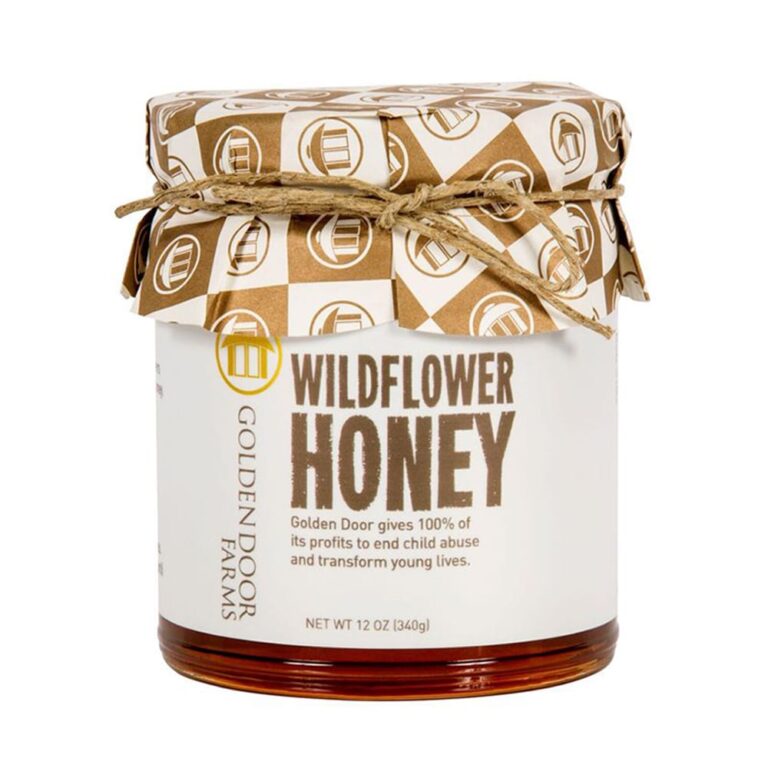
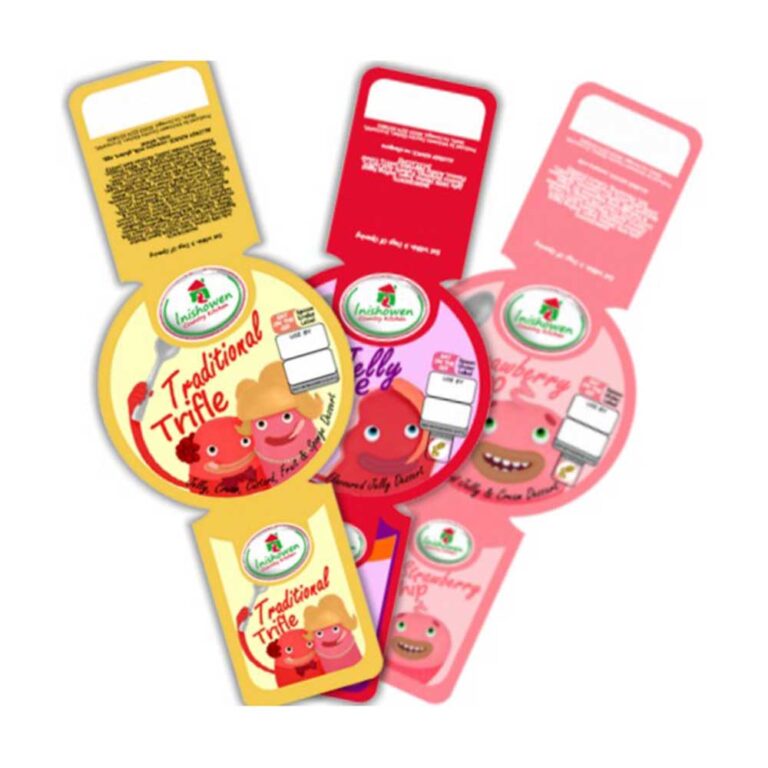

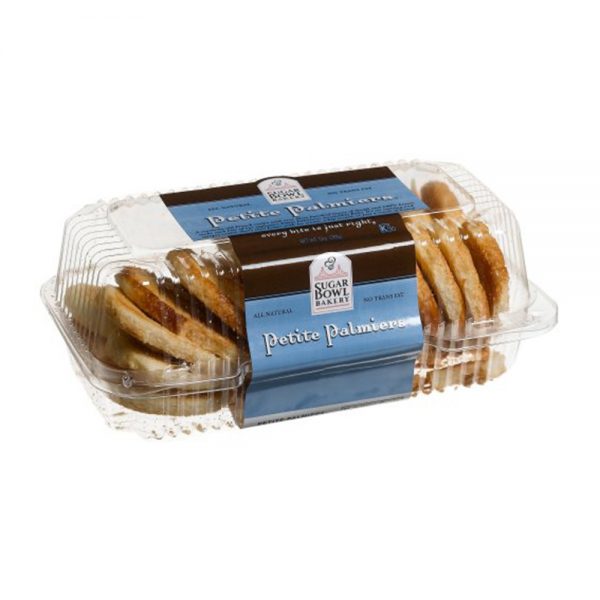

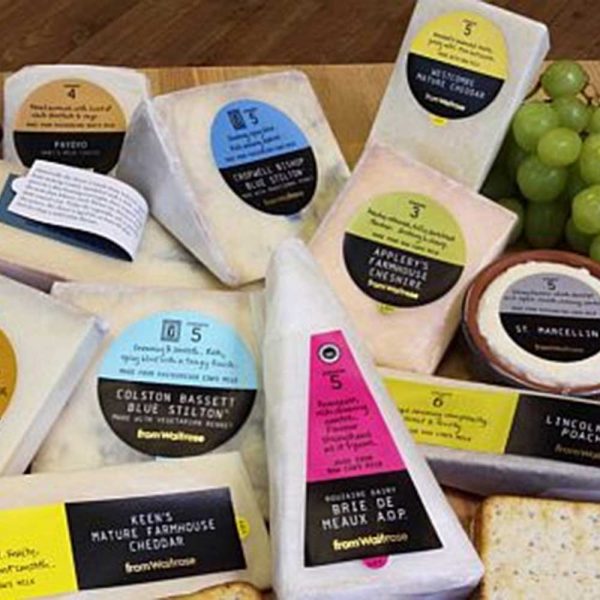

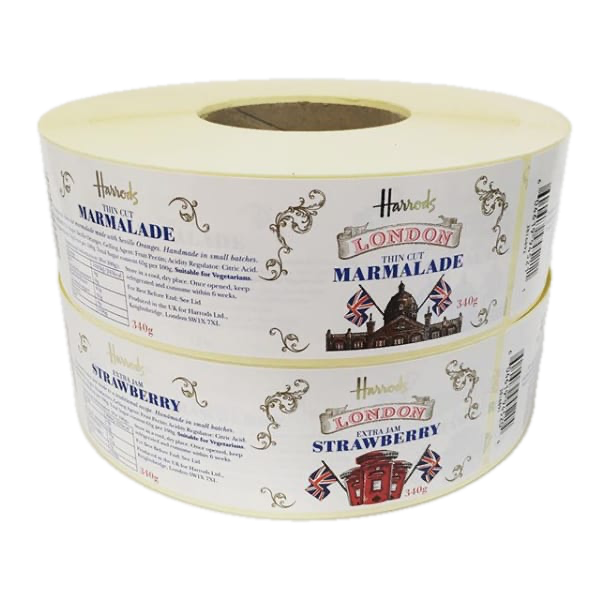

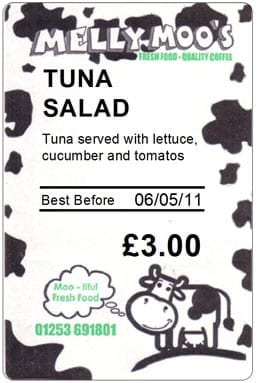

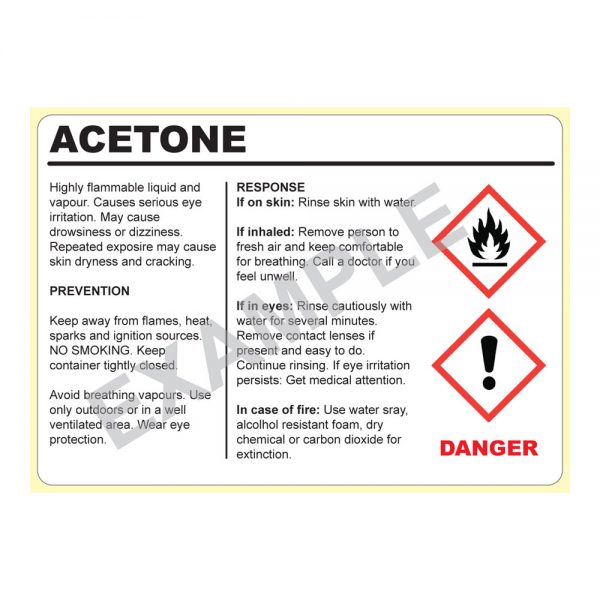
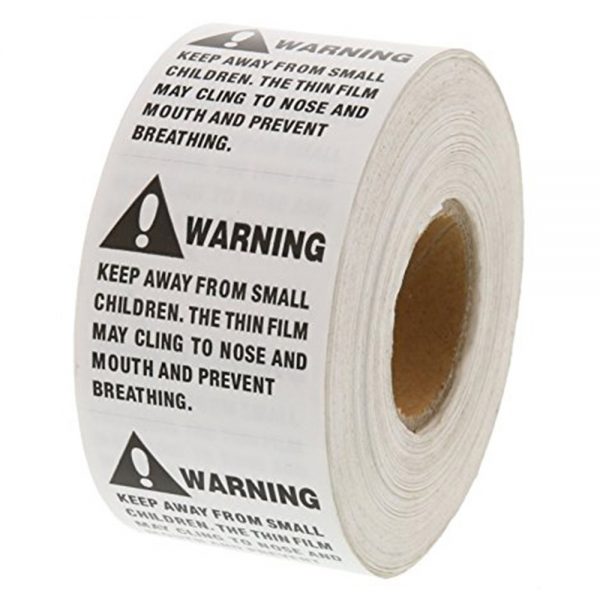



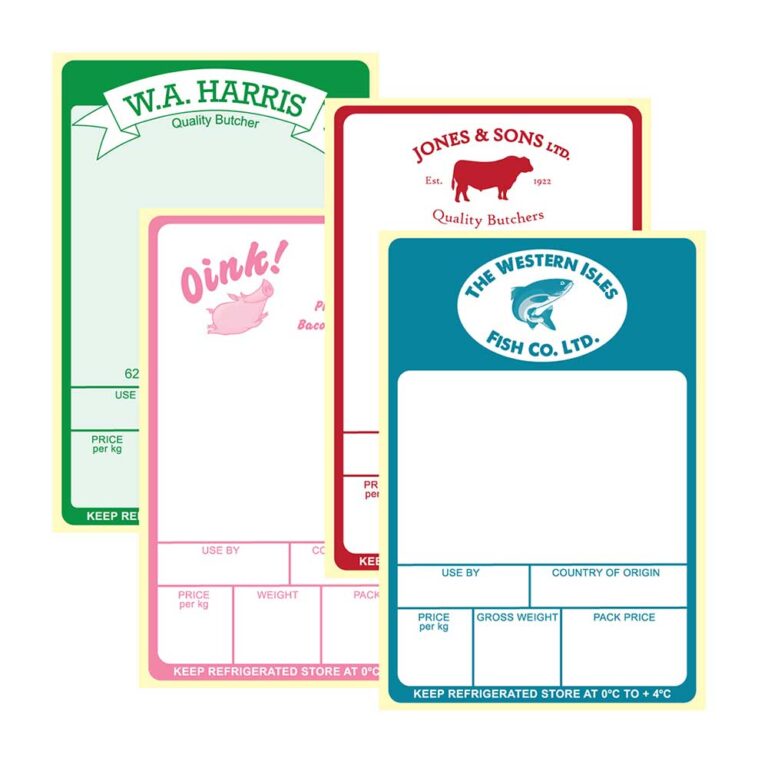
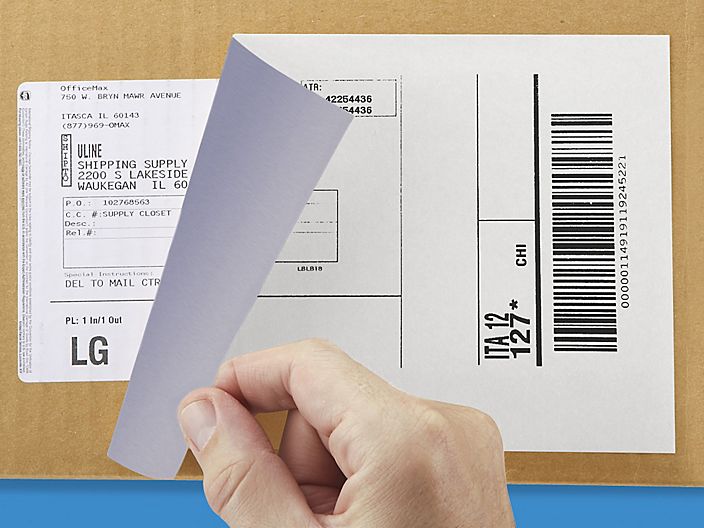

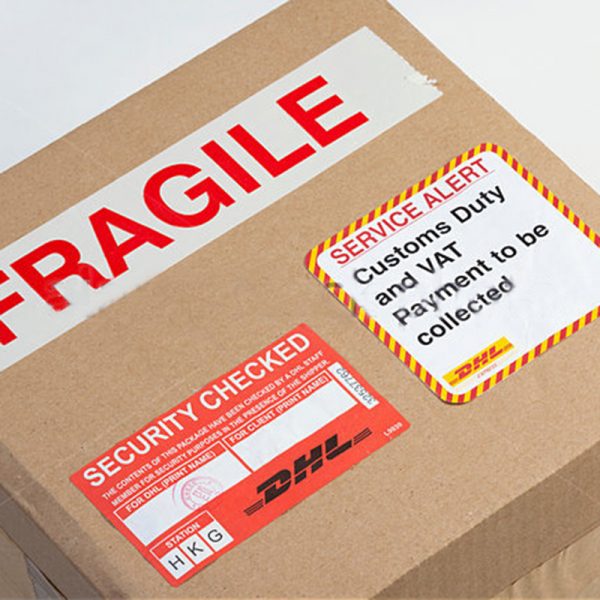



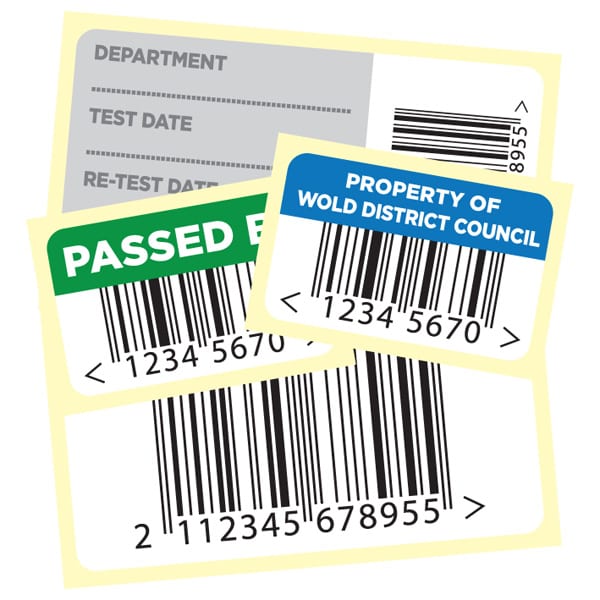
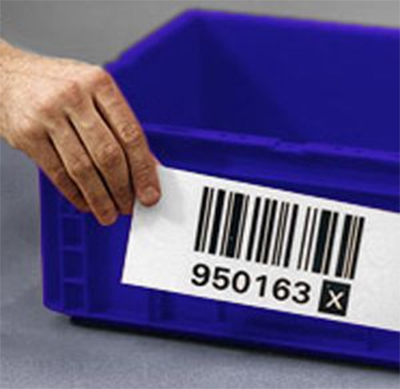
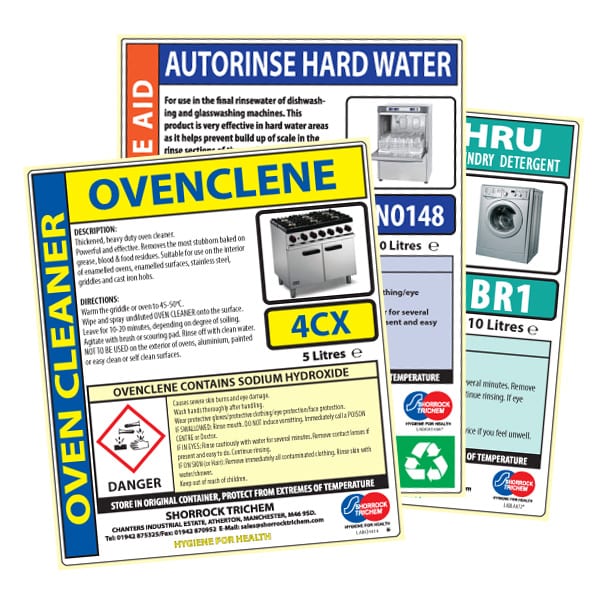
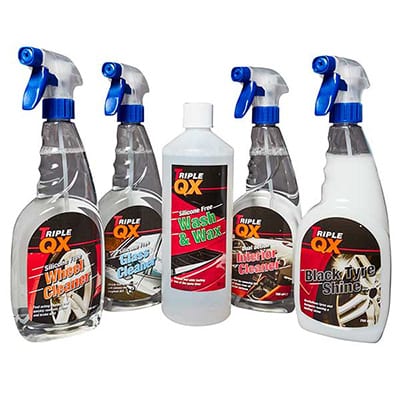

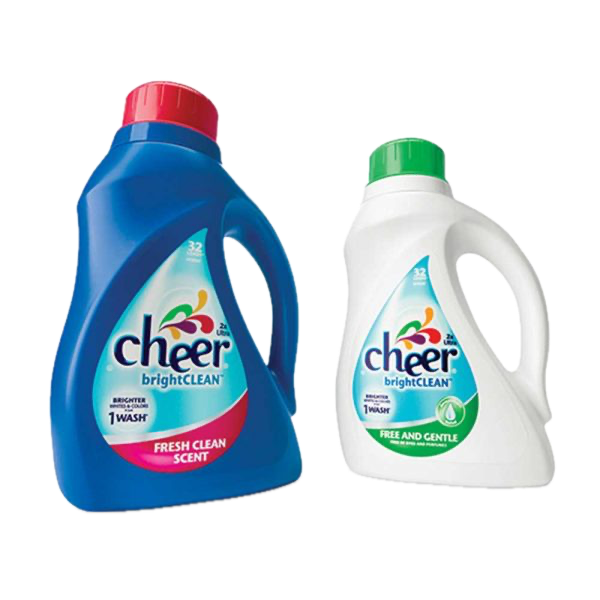








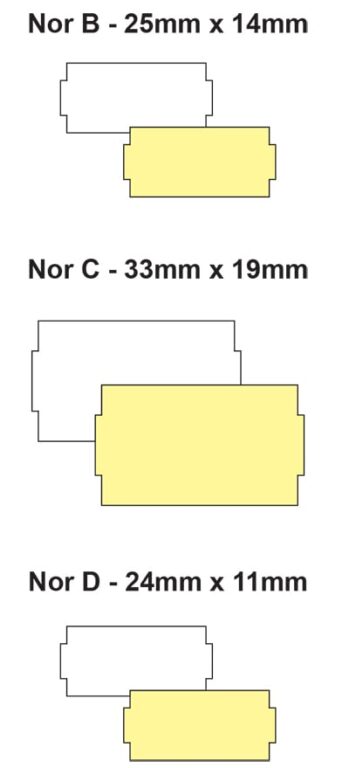






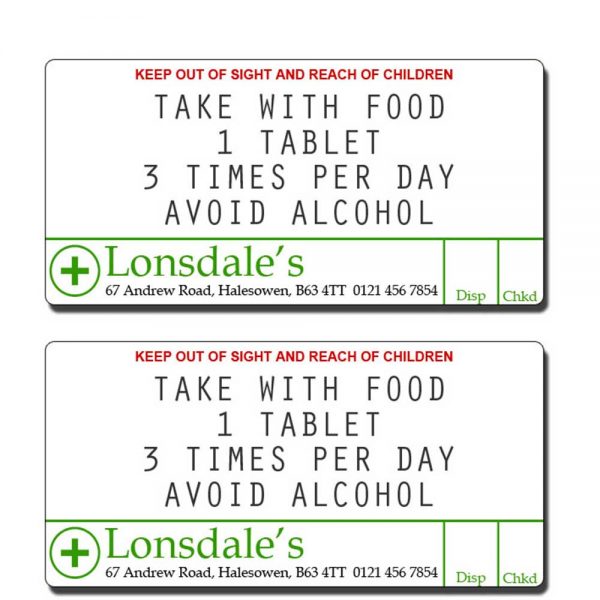
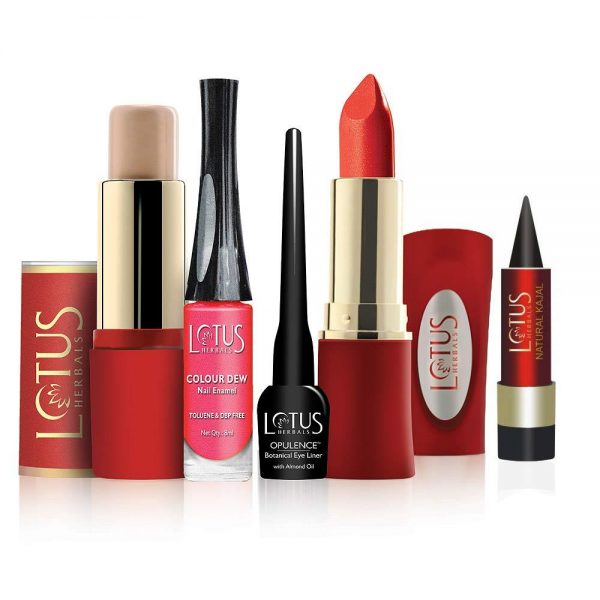






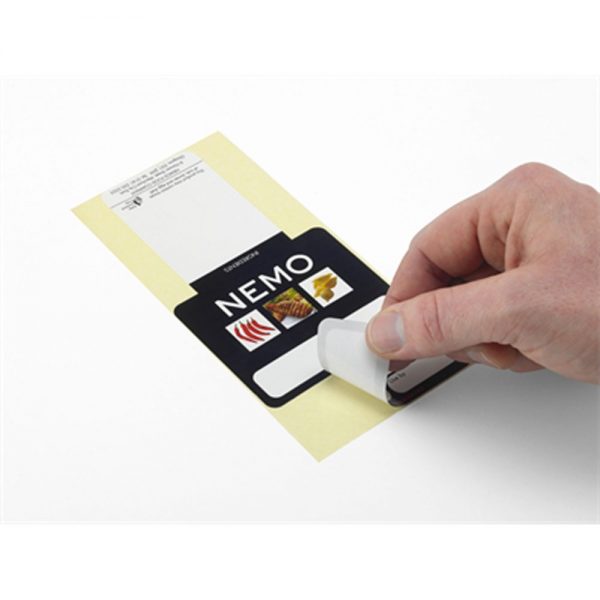
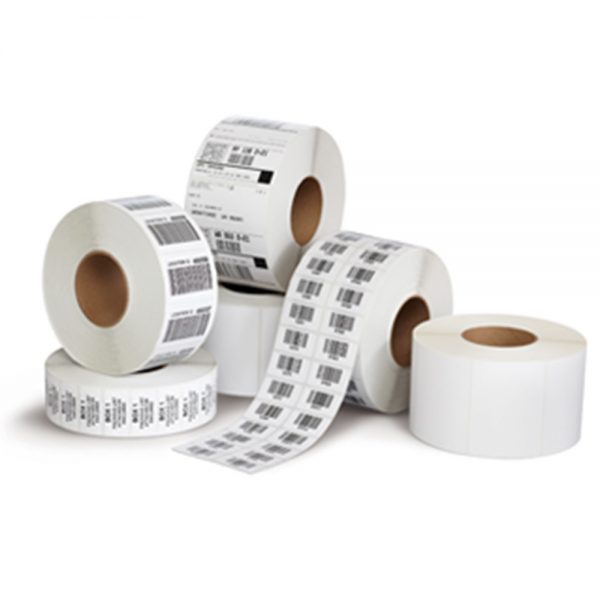
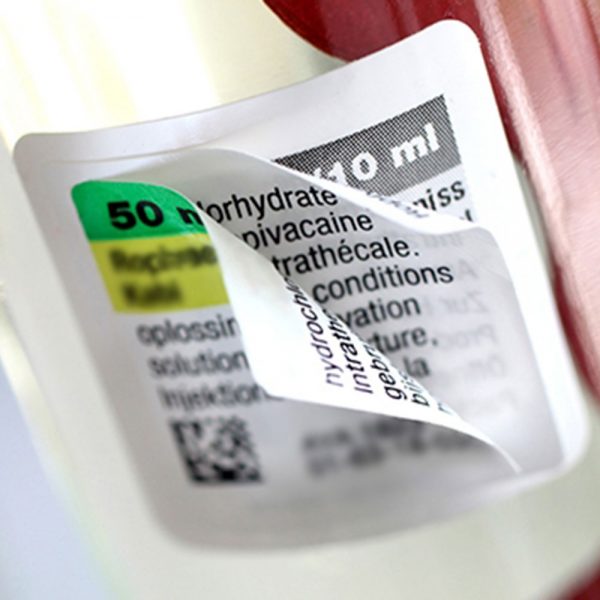


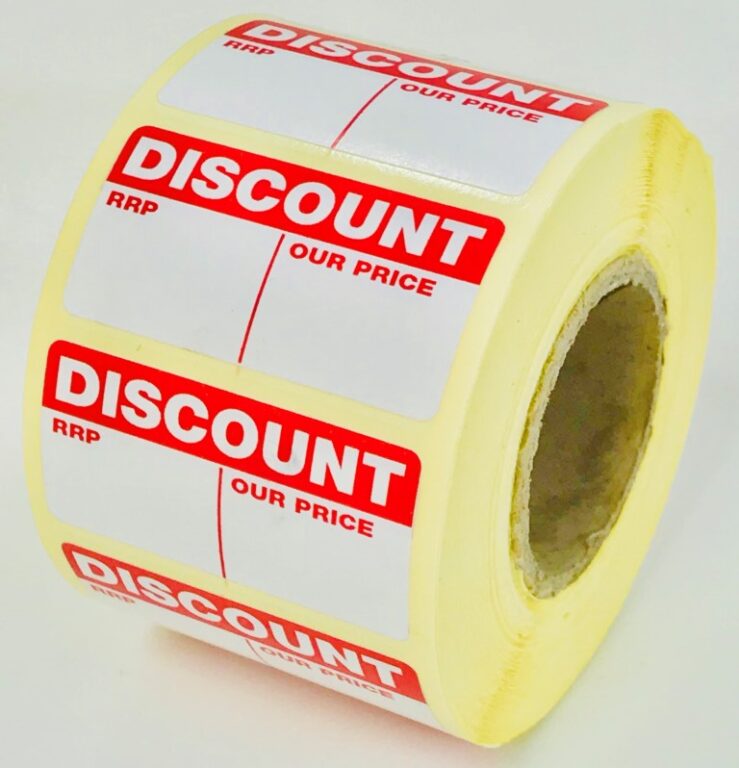

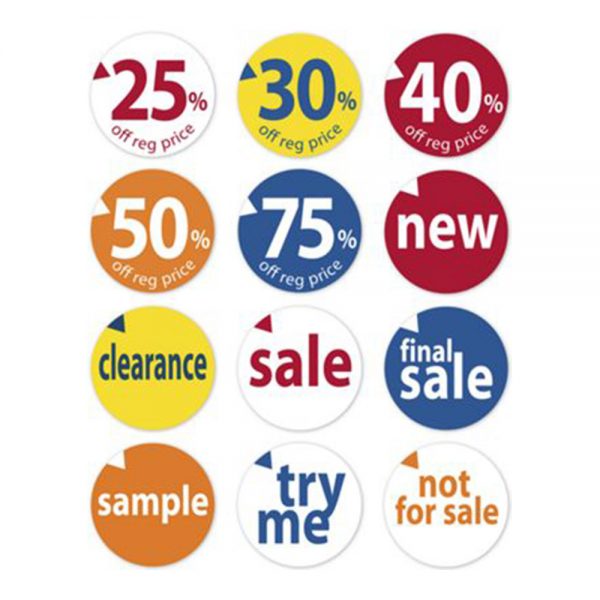

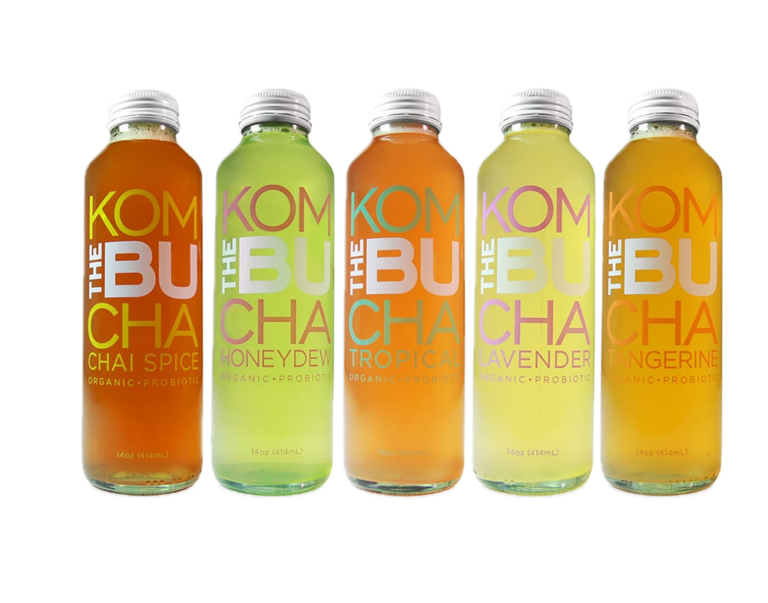
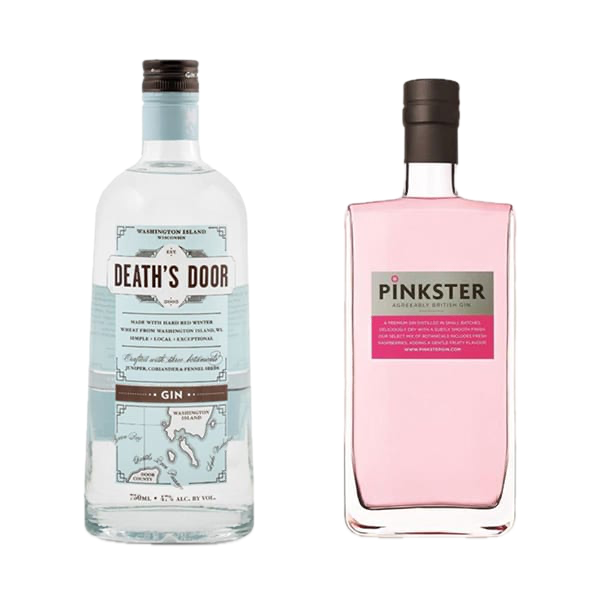
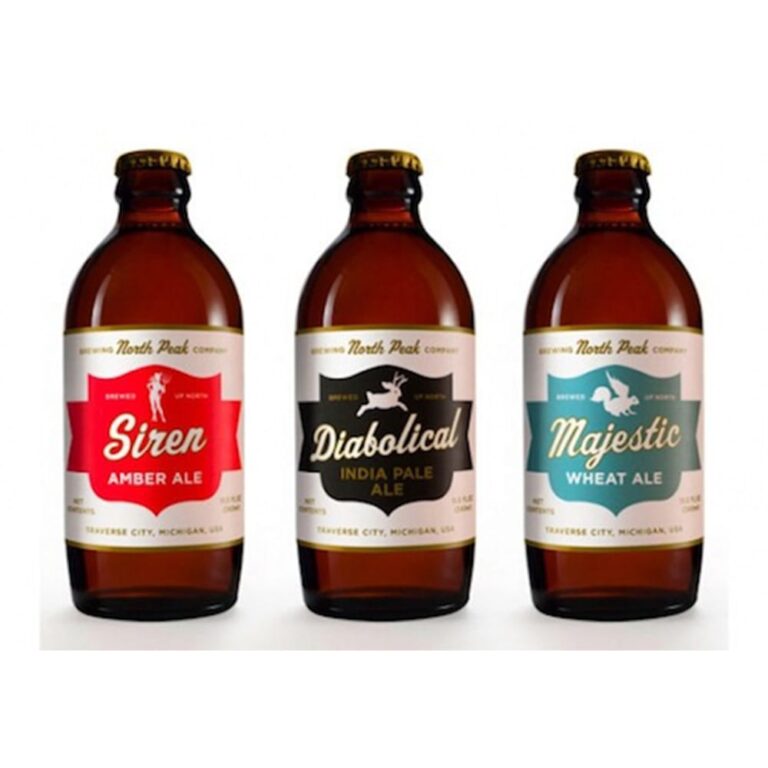
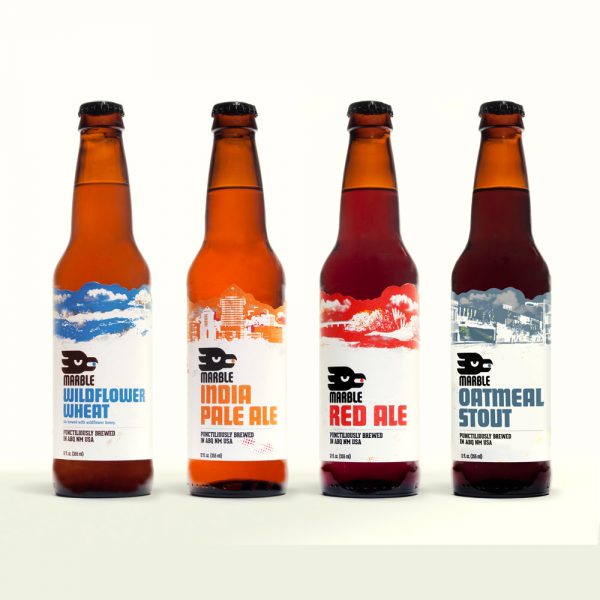






















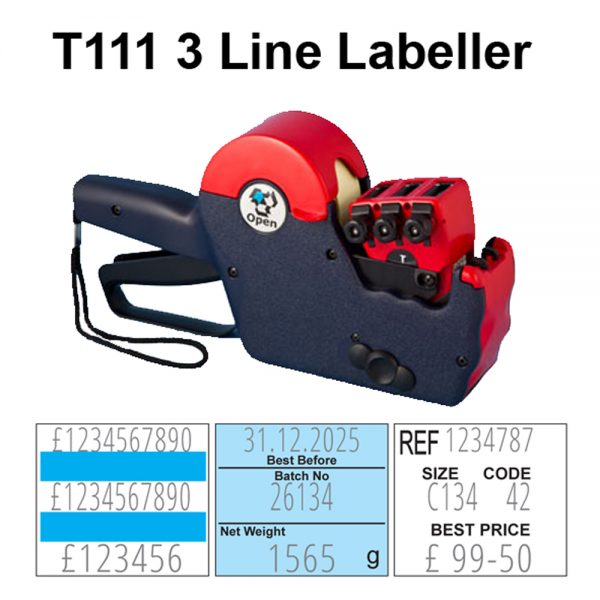
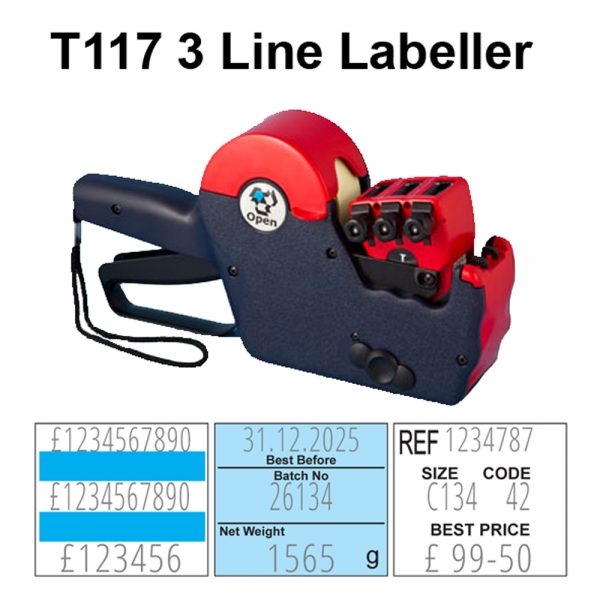
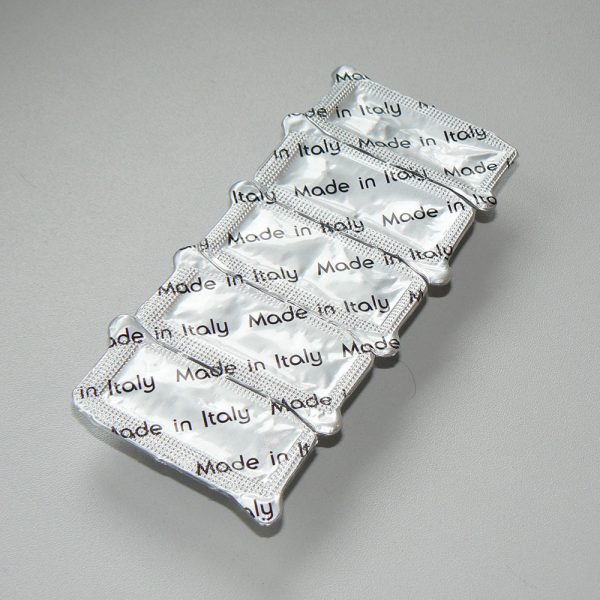
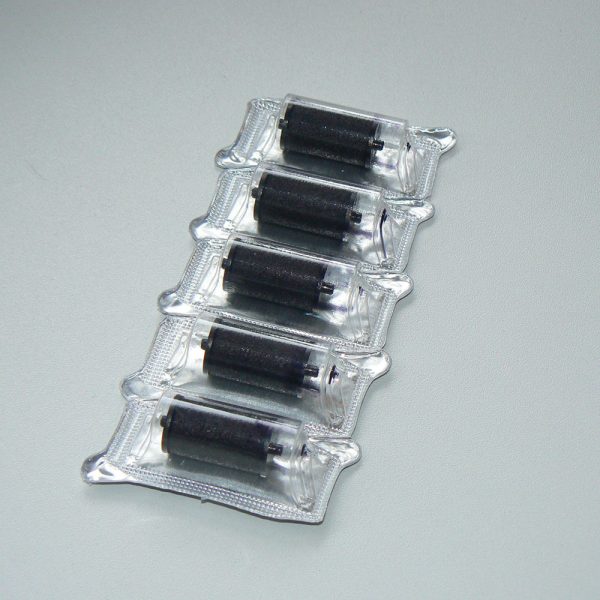
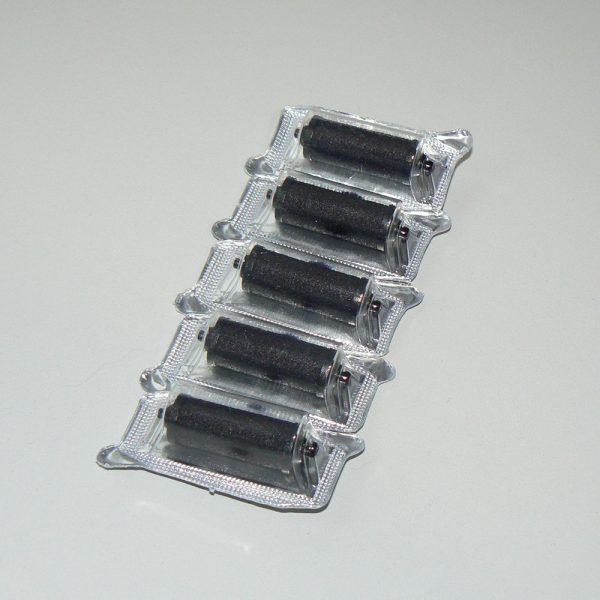
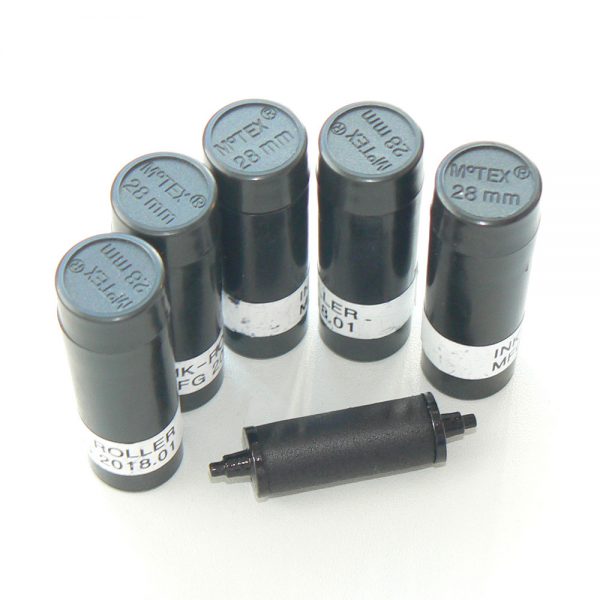
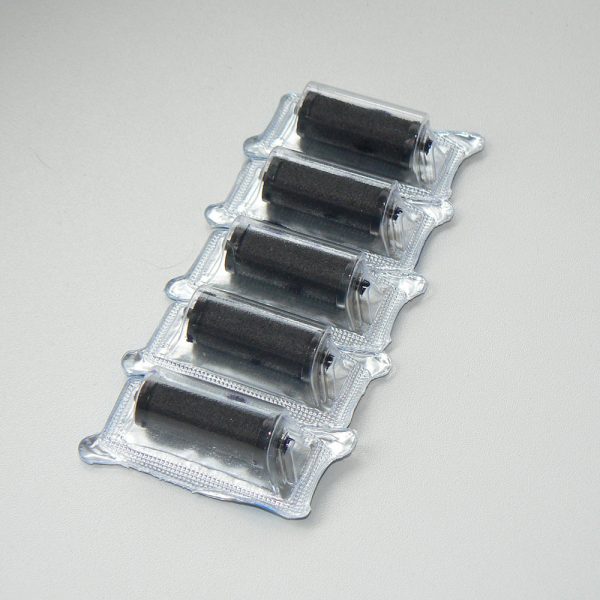
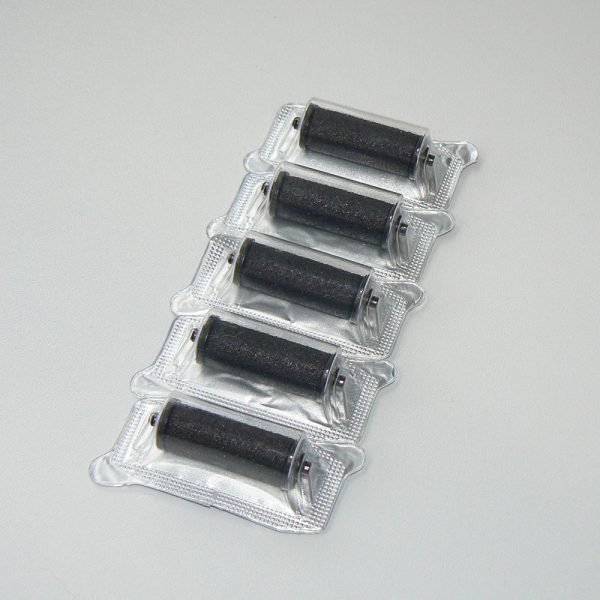
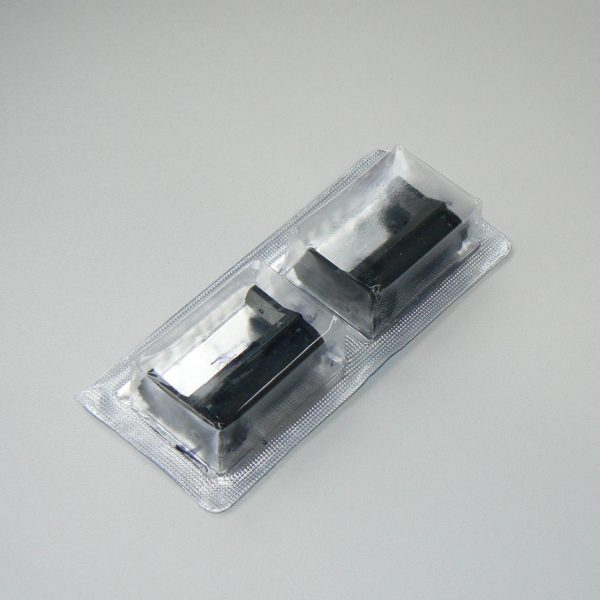
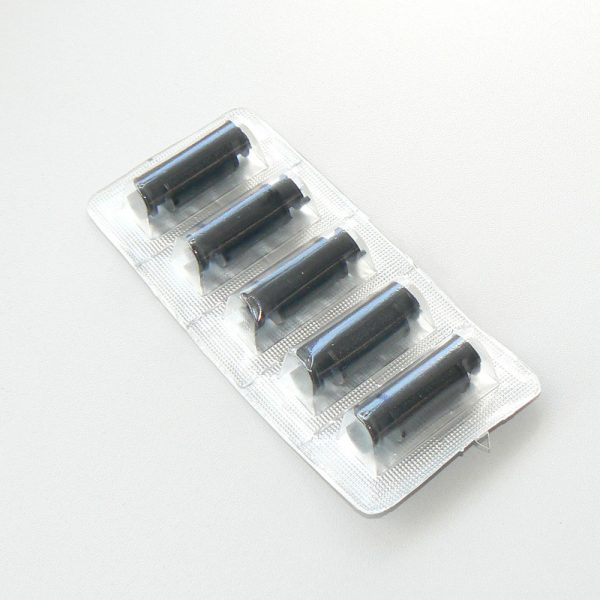

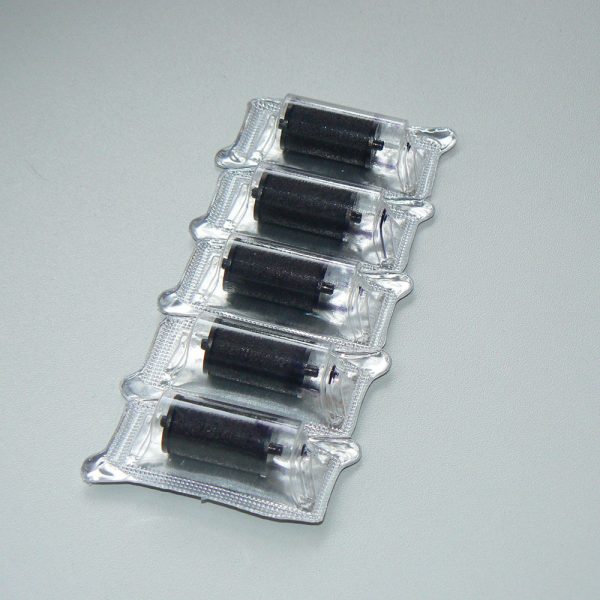
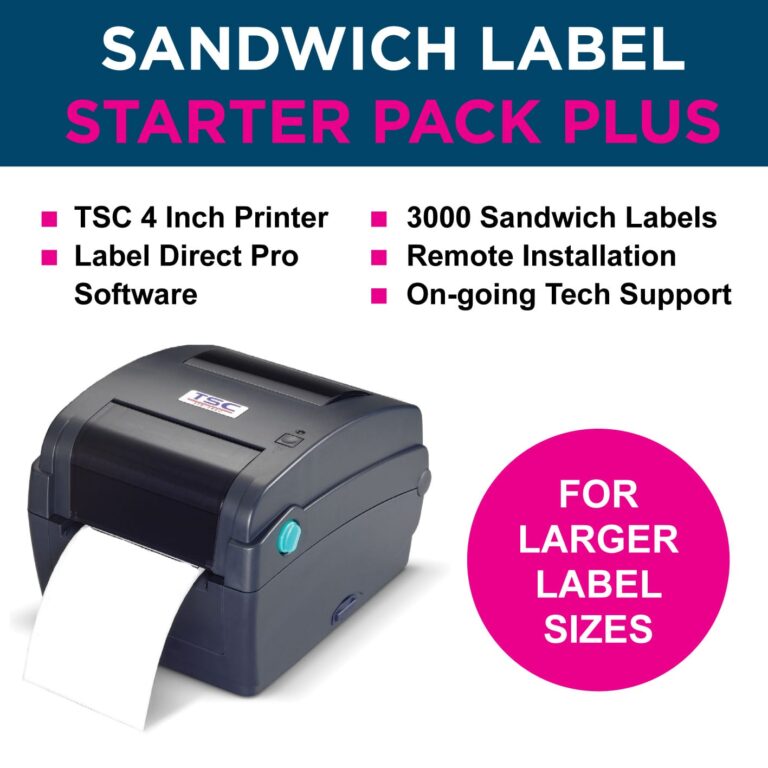
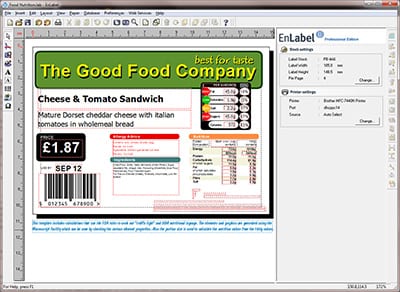
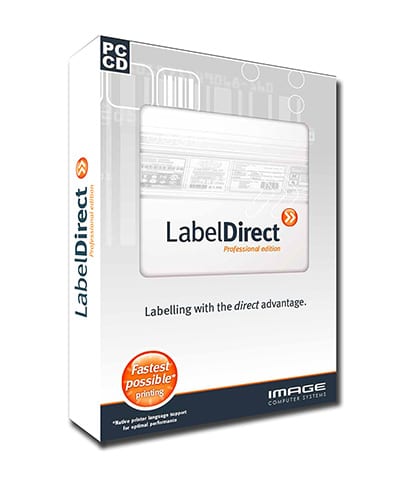
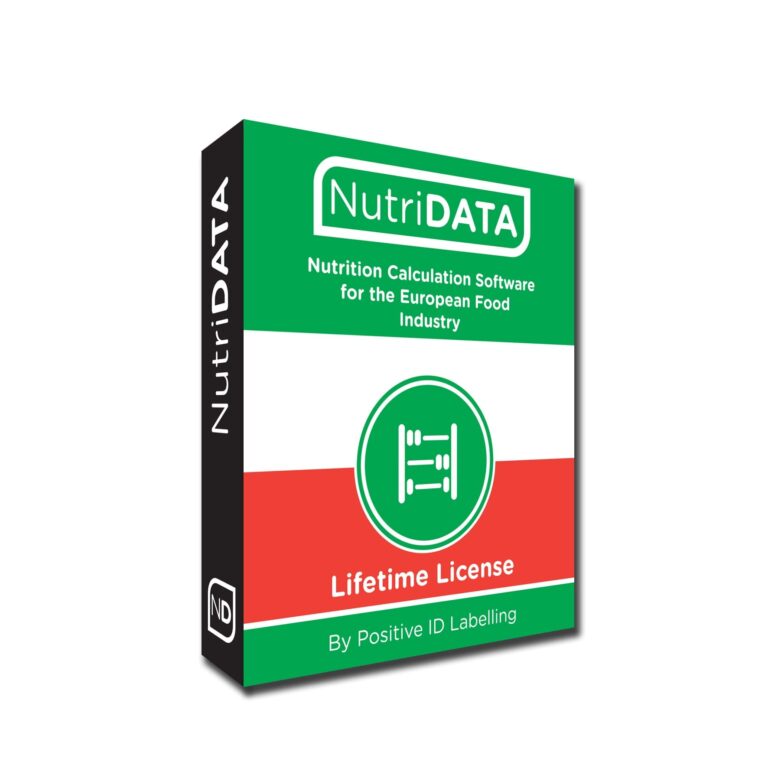



 Advanced encryption keeps your data safe and secure
Advanced encryption keeps your data safe and secure